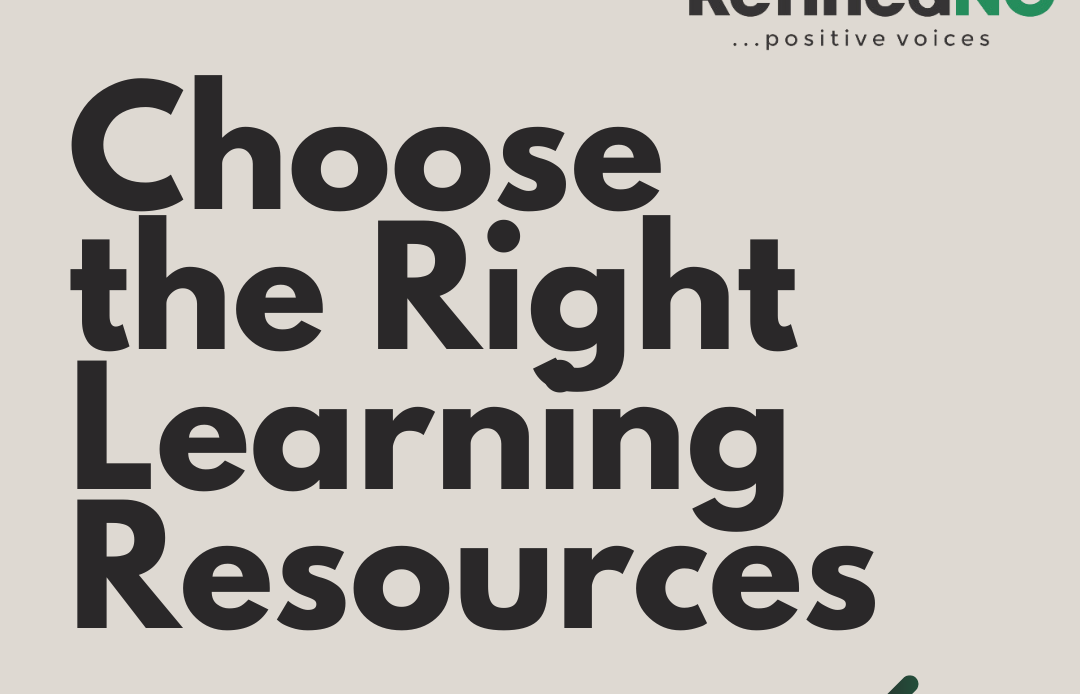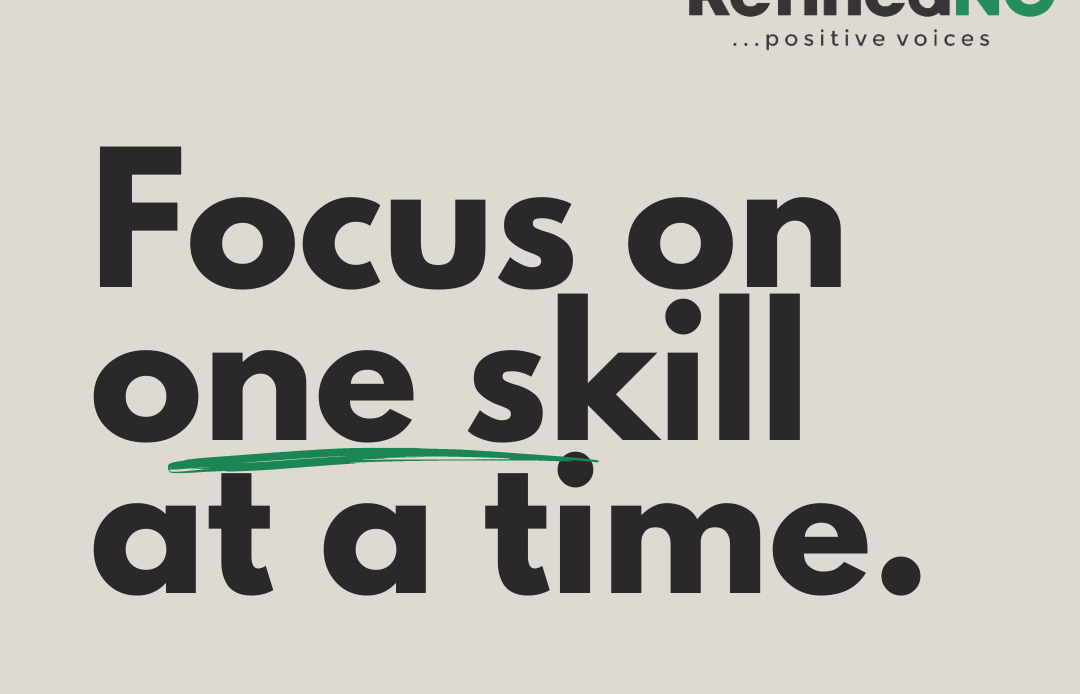Life is a journey that involves you to constantly learn and develop yourself. Tom Clancy’s quote, “Life is about learning; when you stop learning, you die,” beautifully encapsulates this idea. The quote emphasizes the significance of ongoing growth and progress in our lives.
Lifelong learning is continuously acquiring new knowledge and skills throughout one’s life. It’s important for personal and professional growth. Whether you want to advance in your career, pursue your interests, or expand your knowledge, embracing lifelong learning can lead to many possibilities.
Why Learn New Skills?
Keeping up with the changes around us is essential in our rapidly evolving world. Learning a new skill can be highly beneficial as a professional. It positions you to take on new challenges, leverage new knowledge, and advance career-wise. You can prove your worth and commitment to employers by being open to learning new things.
Learning new skills can also lead you to paths you may not have considered. According to Frank Herbert, the beginning of knowledge is the discovery of something we do not understand. If you’re reading this, it’s your cue to learn a new skill.
Tips to Help You Learn New Skills
If you want to learn new skills and reap their benefits, these tips can help you get there:
- Setting Your Learning Goals

The first step in learning a new skill is setting clear and achievable learning goals.
When you want to learn something new, it’s important to set clear goals. Consider what you want to achieve and ensure your goals are specific, measurable, and realistic. This will help you stay focused and make progress.
Whether you’re looking to build your technical skills, explore a new hobby, or develop your creative talents, having clear objectives will help guide your journey. Start by identifying areas where you want to improve and set achievable goals to help you get there.
- Break Down Your Skill Set

Learning a new skill helps to break it down into smaller sub-skills. For example, if you want to improve your technology skills, you can list things to learn, like typing, creating documents, and compressing files to send in an email. This will make it easier to master the whole skill set.
Read: A Strategic Guide to Navigating Career Transitions
- Choosing the Right Learning Resources

When learning a new skill, it’s important to consider your preferred learning style, budget, and desired level of expertise. Many resources, such as online courses, tutorials, workshops, and mentorship programs are available. Exploring multiple sources and formats is wise to find what works best for you.
Remember that different people have different learning needs, so selecting suitable resources is essential. To help with this, look for concise and direct information, with short sentences that only provide necessary details.
Lastly, try to use everyday language and avoid jargon or complex terms that may not be familiar. By following these guidelines, you can make the most of the available resources and find the ones that resonate best with you.
- Identify Potential Barriers

Once you’ve identified your learning approach, you should identify any potential barriers or challenges hindering your learning. These barriers could be anything from financial constraints to limited time or a long commute.
Next, it’s helpful to list motivations for learning the new skill. These motivations include advancing your career, earning more money, or being able to speak a second language fluently for international travel.
By examining the barriers and motivations outlined together, you can determine how to make your learning more accessible and realistic.
- Developing Effective Learning Habits

Consistency is key when learning new skills. To make progress, it’s important to establish good habits and routines. Plan a set time every day or week to focus on learning. Find a quiet place to study without interruptions. Break your learning goals into smaller tasks, keeping them manageable. Track your progress to stay motivated and accountable. Following these tips lets you stay disciplined and motivated on your learning journey.
Also, try to apply the “80/20” rule. This means 20% of your learning techniques can help you achieve 80% of your goal.
For example, if you want to improve your communication skills, focus on mastering 20% of communication sub-skills, such as improving your tone, using professional language in your writing, and interpreting body language. By doing this, you can improve 80% of your communication skills.
Read: A Simple Guide to Personal Budgeting
- Focus on One Skill at a Time.

Focusing on one specific area at a time is best if you want to learn new skills. The phrase “Jack of all trades, master of none” means that someone who tries to learn too many things at once won’t become an expert in any of them.
Trying to learn a lot at once can be overwhelming, but if you break it down into smaller, manageable pieces, you can progress and eventually master the whole skill. Remember, it’s important to take things one step at a time.
- Embracing Challenges and Failure

Expect to face challenges and setbacks. But don’t let them discourage you. Instead, see them as opportunities for growth and learning. Keep a positive attitude and embrace a growth mindset. If you fail, learn from it and keep going.
Remember that mastering a skill takes time and effort, so don’t give up easily. Every setback is just one step closer to achieving your goals.
- Seeking Feedback and Support

It’s always a good idea to ask for feedback and support from your peers, mentors, and experts in your field. Constructive feedback can give you valuable insights and perspectives, helping you identify areas where you can improve and develop your skills. It’s also important to be part of a supportive learning community that shares your interests and passions.
Feel free to ask for help when you need it. Learning is a collaborative journey; we’re all in this together.
Read: Effective Study Habits: A Guide for Students and Career Professionals
- Practice Makes Perfect

If you want to improve at something, it’s important to practice regularly. For example, if you want to improve your communication skills, you could volunteer at a community center. Or, if you want to learn more about caring for children, you could volunteer at a school or youth center. The more you practice, the better you will become at your goal.
- Celebrating Your Successes

As you continue learning and reach your objectives, it is crucial to take a moment to celebrate your successes and milestones along the way. Recognize and appreciate your hard work and dedication, and acknowledge your progress, no matter how small. Share your achievements with your loved ones and celebrate them together.
Mastery is a never-ending journey of growth, self-discovery, and improvement. Embrace challenges, celebrate successes, and keep seeking new opportunities. With dedication, persistence, and a thirst for learning, the possibilities are endless.
So go forth, learn more, and unleash your potential.
